What comes to mind when you think of hair? Shine, bounce, strength, or length? Guess, for many, having healthy, luscious hair isn’t just a desire- it’s a goal. If it’s yours too, then this place is for you!
This article delves into why rosemary oil is celebrated for its remarkable ability to promote hair growth and enhance texture.
Plus, we’ll guide you through a simple, step-by-step process to prepare rosemary oil at home and share practical tips to maximize its benefits for your hair care routine.
Arsenals For Rosemary Oil Preparation

Dried/Fresh Rosemary: The main component of the potion. Leave out the fresh from the recipe for a better smell but use dried for easier availability and preservation benefits.
Carrier Oil: Choose your olive (or any oil), coconut, or almond oil according to the it or your hair, which is used to apply this on your head.
Glass jar: For infusion; select a clean, air-tight jar.
Heating Source: Slow cooker, double boiler, and sunlight for infusion.
Strainer or Cheesecloth: To separate the oil from rosemary leaves.
Sterilized Storage Bottles: To store finished oil.
After assembling your ingredients, follow these easy guidelines to create DIY rosemary oil for effective hair treatment.
Step 1: Prepare The Rosemary
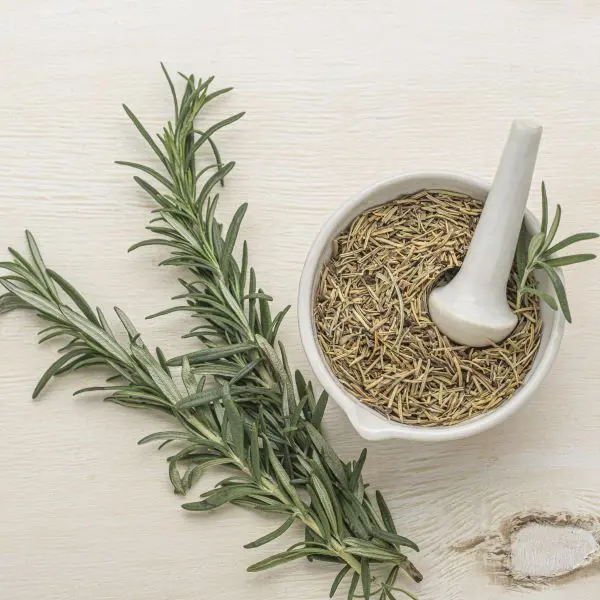
Don’t worry, the method differs depending on whether you are using fresh or dried rosemary.
To prepare fresh rosemary oil, select freshly grown sprigs and rinse them gently under cool water to remove any dirt or impurities.
After rinsing, lightly blot the rosemary with a clean cloth or allow it to air dry. If you are using dried rosemary then you only need to measure the require amount and add to food preparation.
Step 2: Set Up The Infusion
Once you’ve prepared rosemary. Place them into a clean glass jar or a heat-safe container. After that, pour your chosen carrier oil over the rosemary until the leaves are fully submerged.
Ensure there is enough oil to allow proper infusion.
Step 3: Infuse The Oil
To infuse the oil, choose one of the following methods:
A. Sunlight Infusion
This method extracts rosemary oil slowly but naturally, taking about two to three weeks to complete, making it a time-consuming process.
Start by tightly filling a jar with rosemary and oil. Seal it, then place the jar in a sunny spot. Shake it gently every day to ensure the oil and rosemary mix well.
B. Stovetop or Double-Boiler Method
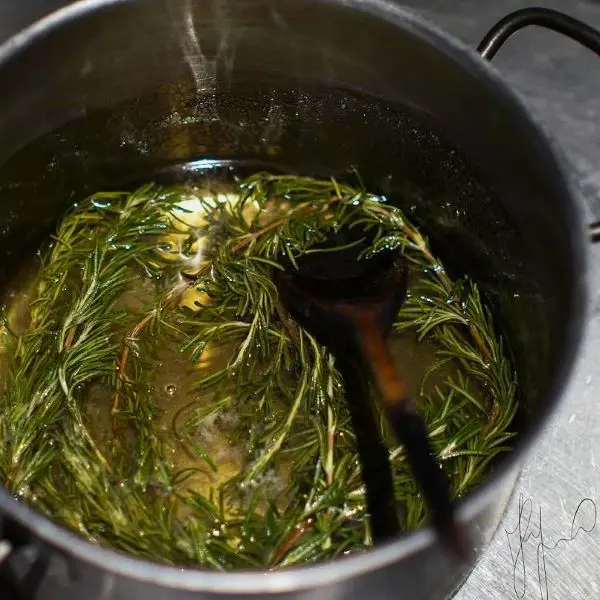
If you feel you want to go faster, place your glass jar or any other heat-safe bowl onto a double boiler or any pot with some water boiling on the bottom.
Then, simmer for 30-60 minutes on low heat so that the oil does not boil.
Therefore, overheating can destroy rosemary’s beneficial properties. Stir occasionally throughout the process to enhance the steeping.
Step 4: Strain The Infused Oil
Once the infusion is complete, ensure it cools completely. Allow the oil to cool slightly before straining it through a strainer or cheesecloth to remove the rosemary leaves.
Gently pour the oil over a clean basin or jar. Carefully wrap the cheesecloth around the strainer and twist to extract every last drop of oil.
Step 5: Store The Oil
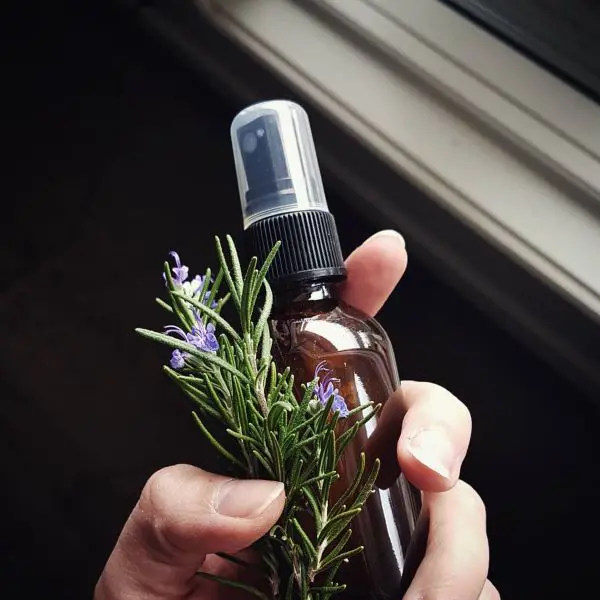
Oil should be protected from light exposure because it can reduce their shelf life.
To protect it, the strained oil should be transferred into a sterilized, dark-colored bottle so that their heat does not affect each other.
This prevents the oil from being affected by light and heat, extending its longevity.
Additionally, labeling the bottle with the preparation date is crucial to ensure freshness and avoid using spoiled oil. It can last for six months, if preserved properly.
Is Rosemary Oil Good For Hair?
You might have a confusion on why rosemary really is beneficial for hair. To overcome these, here are some of the benefits of using rosemary oil.
Promotes Hair Growth And Scalp Health

Rosemary oil for hair growth? Absolutely!
Rosemary oil is composed of antioxidants, and subsequently anti-inflammatory properties together with anti-microbial compounds and the scalp would greatly benefit from such nutrients.
Consequently, the blood supply to the scalp is enhanced so as to positively affect the nourishment of hair follicles in addition to encouraging growth of hair root.
Improved Memory And Cognitive Function
Some of you may hardly be aware that rosemary has the ability to boost memory and mental performance.
The chemical compounds that give the rosemary its aroma has been known to enhance the nervous system leading to enhanced focus, clarity and concentration.
This is why it can be recommended for people who desire to increase their focus and memory retention, and especially during stressful conditions or when aging.
Reduces Dandruff And Itchy Scalp

Did you know that rosemary helps eliminate dandruff and reduce scalp itching due to its powerful properties?
Therefore, it prevents rosemary oil from accumulating flakes, making a healthier scalp, eventually giving a lesser dandruff as well.
Enhances Hair Texture And Volume
This oil assists in regulating sebum production and offers antifungal abilities to protect against typical scalp conditions, like dry hair, poor blood circulation, and infections.
Therefore, it maintains a healthy scalp's health and unit strength that helps hair to grow .
Prevents Premature Graying

Rosemary oil is believed to be effective in preventing the early development of gray hair since it aids the circulation and overall health of our hair.
While its effects may vary depending on genetics, consistent use may help slow down the graying process.
Conditions Hair And Adds Shine
Overall health, strength, shine, and resilience- aren’t these we all want for our hair? Rosemary oil is a natural conditioner for hair.
It leaves your hair sleek and shining and penetrates the hair shaft to moisturize it without becoming all dried up. This makes your hair look all the brighter and more alive.
How To Use DIY Rosemary Oil For Hair?
Now you learned how to make rosemary essential oil. Next, you must discover the best ways to make up for its use.
-
Scalp Massage

A great way to improve circulation and initiate some benefits for your hair is by getting a scalp massage using rosemary oil. Have you ever tried getting a scalp treatment before with rosemary oil?
If not, try it once. Blend rosemary oil with your carrier oil and with your finger tips or applicators, gently apply on your scalp and contribute to rubbing.
To get the best outcomes, leave it for 30 minutes or more. For intensive treatment, leave it overnight and wash your hair normally afterward.
-
Rosemary Oil Hair Mask
It is easy to make a rosemary mask. Use one tablespoon of rosemary oil. Include a few tablespoons of any edible carrier oil such as argan, coconut oil, and other healthy carrier oils.
Next, crack in an egg yolk and mix it into the other ingredients. After blending, apply the paste from the roots to the tips.
Put a shower cap onto it and let it sit for the next thirty minutes to an hour. Wash it well afterward with warm water and preferably a mild shampoo.
-
Rosemary Oil Shampoo Additive

Now rosemary oil is the magic which will transform your regular shampoo into a hair prohealth combination, just like this - 3-5 drops mixed well, and you're ready to go.
Apply to hair and scalp as if using normal shampoo. Pamper it a bit for 2-3 minutes.
Therefore, it does not just add a natural shine to the hair but also health-promoting effects through vigorous activity that hinders hair loss and makes hair growth magically simple.
-
Rosemary Oil Rinse
The oil from rosemary can be used as a final rinse to help balance the scalp and overall shine of hair.
For the rinse recipe, take 5-10 drops of rosemary oil in a cup of warm water and use it as a final rinse after washing your hairs.
Best results are achieved when massaged into the scalp and left to air dry.
-
Rosemary Oil And Apple Cider Vinegar
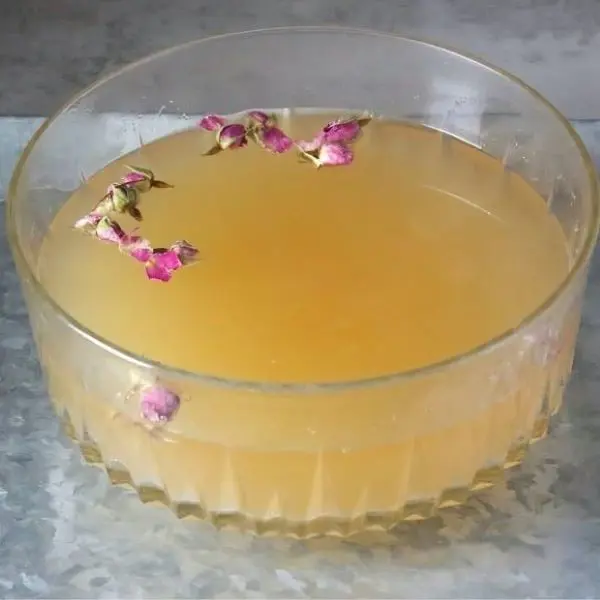
Rosemary oil with apple cider vinegar is something that can help anyone wishing to clear their scalp and balance their pH.
For this prepare a clarifying treatment. Pour 2 drops of rosemary oil into one tablespoon of apple cider vinegar and mix the solutions in a cup.
Use it like a final rinse to eliminate buildup and improve the health of your scalp.
Do's And Don'ts
Dos
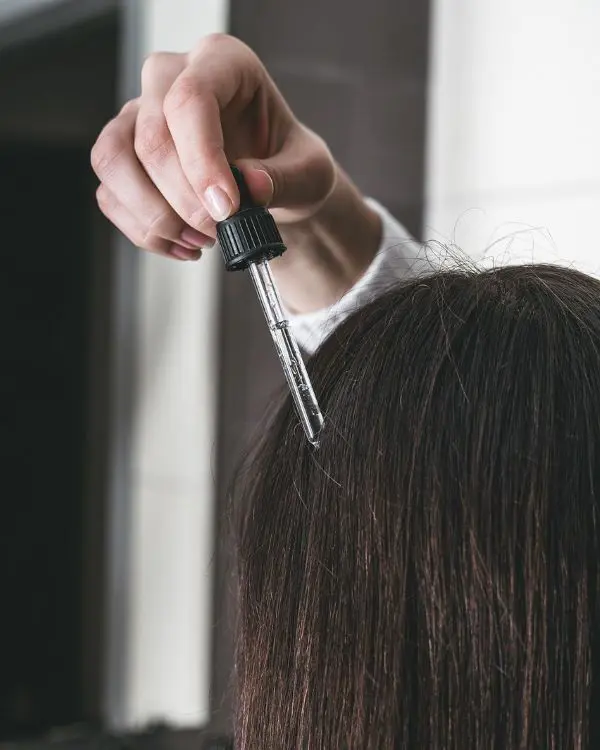
Dilute Properly: Always blend rosemary oil with carrier oil for it to be effective without causing discomfort.
Patch Testing First: Test a small amount to the skin for any possible allergies or sensitivities.
Regular Application: Always use rosemary oil to attain optimal results as far as your hair growth and scalp health are concerned.
Use Moderately: Adhere to 2 to 3 uses in a week to avoid building too much repetition.
Don'ts-

Do Not Use Straight: Don't use pure rosemary essential oils on the scalp or skin directly; it might irritate.
Don't Be Excessive: Too much of the use can block pores or irritate the scalp.
Avoid On Broken Skin: The oil is not to be used on cuts and wounds or very sensitive areas.
Do Not Expect Quick Results: The hair grows with time, and generally for several weeks or months, and one has to achieve this.
Avoid During Pregnancy: Ask your healthcare professional for the possibility of using rosemary oil during pregnancy or lactation, if needed.
Do Not Use Expired Oil: Throw it away immediately if it smells rancid or changes color.
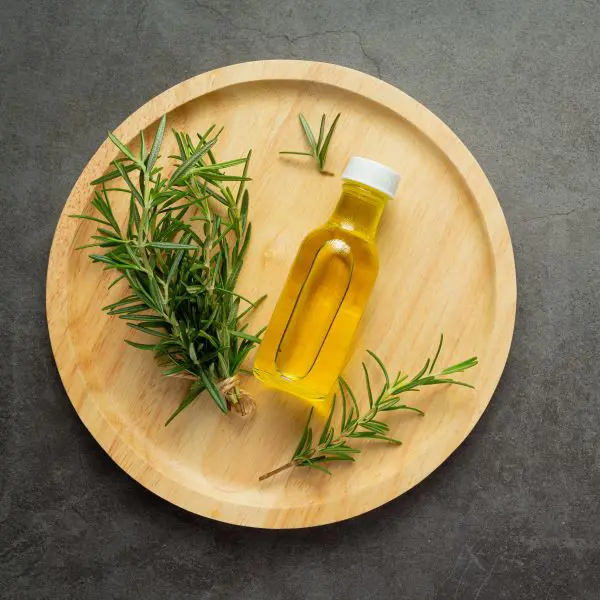
Conclusion
DIY rosemary oil stands out as a natural, cost-effective alternative to store-bought products, which often contain harsh chemicals.
When properly stored, diluted, and applied, it offers maximum benefits with minimal risk of side effects.
While rosemary oil doesn’t deliver overnight miracles, consistent and regular use can significantly improve scalp health and strengthen your hair over time.
Whether you choose the quick stovetop method or the slow sunlight infusion, both techniques result in a nutrient-rich oil that nourishes your hair naturally.









